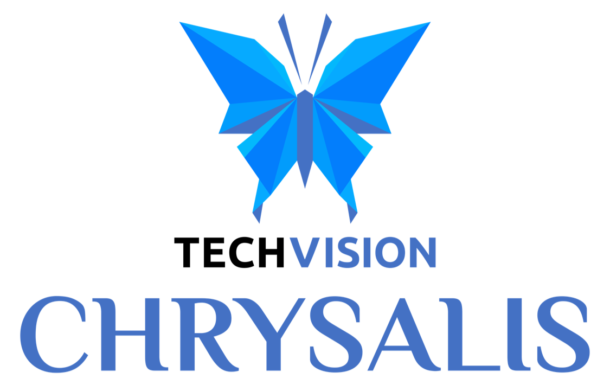Banks have both the biggest opportunity and the most to lose with the adoption of blockchain or distributed ledger. To separate banking reality from pervasive blockchain hype, TechVision engaged Rhomaios Ram, the former head of Digital Banking at Deutsche Bank to work with several of our Principal Consulting Analysts to evaluate blockchain within the context of a traditional bank and this is a snapshot of our findings.
We start with the premise that traditional banking is being challenged with increased regulatory pressure while fintech/other industries (retail, insurance) compete with banks. Amazon, Google, Intuit, Walmart, American Express and peer-to-peer lending alternatives have already invaded the traditional banking landscape, and distributed ledgers provide an additional threat, but also an opportunity for traditional banks.
The primary goal for most bankers these days is regulatory compliance closely followed by cost reduction. Historically, banks have been in the vanguard of technology used to solve operational problems and deliver competitive advantage. Today, however, they find themselves constrained from achieving these compliance and cost goals by the inflexibility of their massive historical technology investment.
The current method of designing new banking applications and affixing them to existing legacy platforms or implementing new features within these systems to meet the constant influx of new requirements from the various regulatory entities is no longer viable. Each addition or modification adds complexity to an unwieldy infrastructure and introduces changes to the audit and reporting processes. Newly developed use cases must reflect the fundamental requirements that need to be satisfied free from influence from how present operation conduct and implementation.
Blockchain technology and derivative database techniques provide a unique opportunity for banks to consider providing a transformative architecture for approaching future business solutions. Banks are considering the use of some derivative of “Blockchain” technology as a means of reducing cost and improving efficiency in the operational and risk aspects of banking. Blockchain is being evaluated to not only do this but also to improve the transparency and auditability required to demonstrate conformance to regulatory obligations. Blockchain is also emerging at a time where banks are already undergoing a fundamental change from process-centric reconciliation to a more data-centric orientation.
Blockchain for banking is about a change in architectural and business process thinking rather than a means for replacing trusted third parties. Bankers don’t want to remove the trusted third party; they want to be that trusted third party. Blockchain-based solutions have the potential to be faster and cheaper than those of legacy processes while providing an irrevocable record. Thus, blockchain is particularly attractive to banks because it can also provide an opportunity to drive straight through reconciliation and create a full audit trail automatically.
Blockchain, or some variation of distributed ledger technology, provides an opportunity to replace the current process-centric banking systems architecture with a data-centric model. In this arrangement, processes associated with copying and moving data between applications are no longer required, and applications may directly access a single, centralized data store. The data-centric model eliminates the need for multiple copies of the same information to be stored in individual silos. TechVision Research believes using blockchain technology can transform operations in response to increasing regulatory demands and the desire to reduce cost. TechVision Research bases its belief in investing in blockchain technology over current central database solutions, such as those offered by SAP and Oracle, on a careful examination of the functionality requirements that can be delivered natively by a blockchain enabled system architecture versus a legacy database.
The following table provides a characterization for today’s central database product offerings in comparison to blockchain technology to appreciate the principle advantages.
Blockchain-enabled vs. Central Database
Blockchain database technology stores all information in one immutable structure. Reliability, availability, and survivability facilities are implicit characteristics of this decentralized database, and multiple copies remain synchronized. Just as cloud-based application services provide common functionality, such as demand-based dynamic storage allocation and processing and communication bandwidth facilities that allow developers to focus on key features to realize their applications, blockchain database incorporates data distribution, replication, synchronization, and update facilities, eliminating the need for developers to implement these features into each application. Furthermore, storing all information in one place, such as provided by the blockchain database, allows for deploying a single suite of audit tools for reporting on all financial transactions as they are enriched by numerous applications during their processing.
We recommend banking leaders seriously consider investing in blockchain at progressive levels starting with education, preparation and planning, moving towards collaboration, pilots, POCs, industry consortiums and vendor partnerships, as well as new thinking in addressing not just blockchain but new operating models for banking. A detailed investment progression is described in our research and TechVision is available to evaluate and advise banks in this transformational area. Our blockchain investment recommendation in banking is more aggressive than our recommendations in other industries, but banks have a lot to gain and lot to lose during this transformational period. A link to a 15-page excerpt from our research follows: Banking Executive’s Guide to Blockchain



Recent Comments